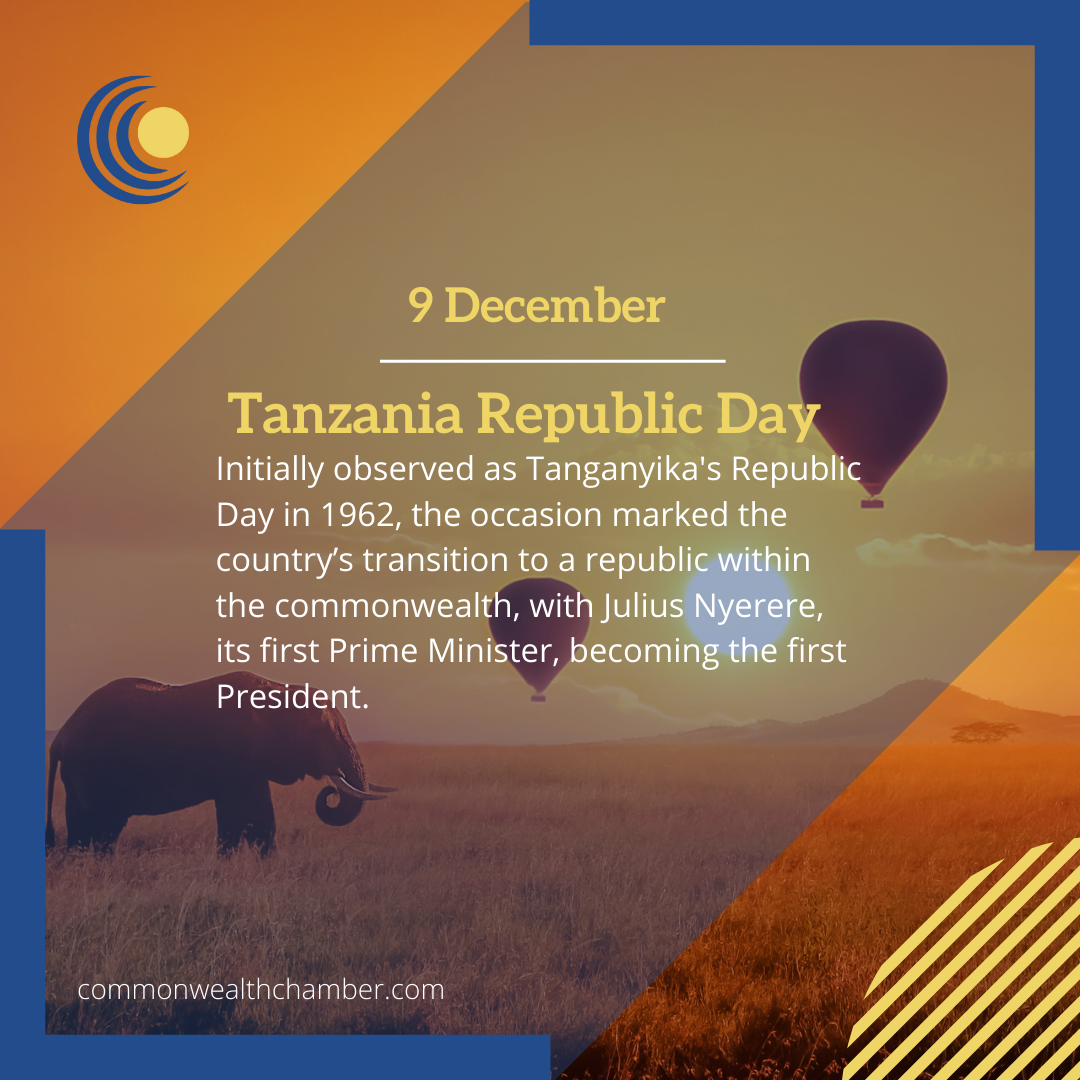The importance of this day was magnified in 1964 when Tanganyika united with Zanzibar to form the United Republic of Tanzania. This unification brought together diverse cultures, traditions, and histories, creating a stronger, more united nation.
Celebrations on this day typically include official ceremonies, a presidential address, military parades, cultural performances, public gatherings, and educational programmes. These events commemorate the historical transition, celebrate Tanzania’s rich cultural heritage, and reflect on the nation’s progress since becoming a republic. Republic Day serves as an opportunity for Tanzanians to reflect on the challenges overcome, the advancements made in areas such as education, healthcare, and economic development, and the work that still lies ahead. It reinforces the principles of self-governance, national unity, and the ongoing process of nation-building, reminding Tanzanians of their country’s hard-won independence and its commitment to democratic ideals and national sovereignty as they continue to face new challenges in the 21st century.
